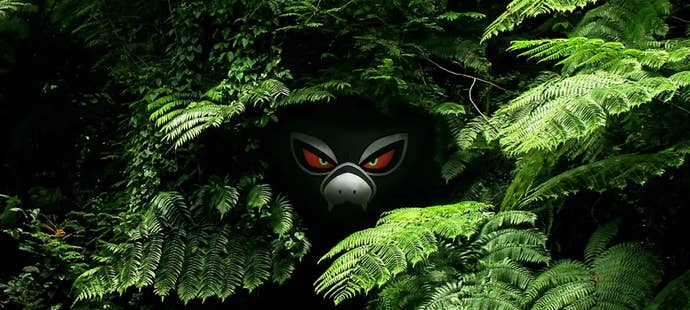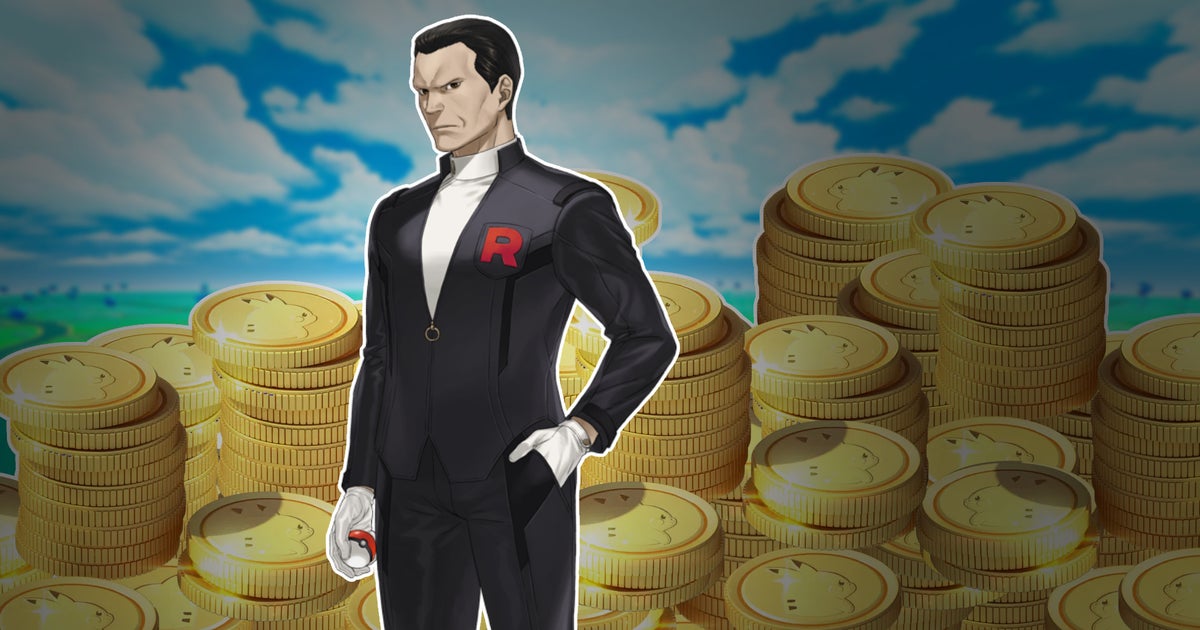Excitement surged through the Pokemon Go community recently with news of an upcoming Research Task featuring Mythical Pokemon Zarude. But it wasn’t long before the excitement waned. Why? Because the Dark/Grass-type Pokemon was locked behind paid research.
Absent since 2021, players were disappointed to learn the only way to snag Zarude was by purchasing the Rogue of the Jungle research ticket for $8. Many in the community felt the price was too steep, especially for a Pokemon some consider mere Pokedex filler. While I disagree with the latter – Zarude is a reliable member of my team – I have to agree Niantic’s pricing felt like a cash grab.
Making matters worse, there was no guarantee the Zarude you paid $8 for would be worth the price. Despite this, and already owning one, I succumbed to the temptation so I could have another and give it a different moveset.
Because I bought the research ticket, to some, I am considered “part of the problem.” Admittedly, I readily spent money on Pokemon Go events in the past, but I’m now more selective. My shift stems from the game’s rising costs – a trend that likely won’t reverse.
Presently, the World of Wonders Season is live along with the $9.99 Wonder Ticket. To me, the ticket price is justifiable, as it unlocks plenty of quests, items, and includes the debut of Poison-type Ultra Beast, Poipole.
Buying the Wonder Ticket is the only way to acquire this Pokemon, because like Zarude, it is locked behind special research. Niantic might eventually offer Poipole through raids, as it has with other Ultra Beasts, but the company hasn’t announced any future plans for the Pokemon.
The ticket also comes with a Poipole Helmet for your avatar, Premium Battle Passes, a Lucky Egg, Incense, Charged TMs, encounters with Eevee and its evolutions, and other content as the season wears on. So, I have no complaints about the Wonder Ticket.
There’s also the Pokemon Go Fest ticket available for $14.99. I have no qualms about dropping money on this annual event either. This two-day extravaganza offers plenty of things to keep you occupied during both days, plus, there’s the possibility of catching a new Pokemon, raiding for a new or returning Legendary, or even a regional exclusive normally not available in your region.
Also up for grabs right now, is the $2 ticket for World of Wonders: Taken Over, a Team Rocket Go-focused timed event. Granted, this ticket is of little consequence because whether you purchase it or not, you will still be able to participate in Special Research involving Giovanni and rescuing Shadow Groudon. In other words, you are only buying it for the items – but they aren’t really that great.
Considering opinions are subjective, some might find the Taken Over ticket a good deal. After all, it includes a Super Incubator (normally 200 PokeCoins) and a Rocket Radar (another 200 PokeCoins). Buying them separately would cost the same, especially if you need both. There’s also a Pawniard encounter, a desirable Dark/Steel-type – if you haven’t hatched it a gazillion times already. So, to me, none of the items included with the ticket are worth $2 plus tax.
Sure, some might argue ‘You don’t have to buy anything.’ And they’d be right – Niantic isn’t forcing anyone to make purchases. Buy or don’t buy, simple enough, right? My issue lies with the sheer volume of paid content we’ve been bombarded with lately. Eurogamer just posted an interview with Niantic discussing this very issue.
To put it in perspective, this year alone – and remember, we’re just a few days shy of April – if you purchased all ticketed content offered from the start of January, excluding the Pokemon Go Fest ticket, you’d be out $71 (if my math is correct). Most Battle Passes or even Season Passes for console or PC games don’t cost that much.
Look, I’m neither averse to spending money nor do I despise microtransactions. I’m happy to pay for substantial content like DLC or expansions, and I’ve spent plenty over the years on non-essential items like cosmetic bundles, in-game pets, or new mounts. Such frivolities are like a fun, in-game treat, that cost roughly the same as a fast-food value meal.
But I feel different with Pokemon Go. The extra content and many store items, particularly item boxes, strike me as overpriced. Yes, high prices are common in free-to-play mobile games, but the pricing of Pokemon Go’s item boxes can be a bit silly.
Take the $60 Explorer Box for example. Currently available through the in-game store, it contains 50 Incubators and 50 Super Incubators. Individually, the Incubators cost 150-200 PokeCoins, respectively. So, while you might raise your eyebrows at the cost of the box, $60 is a steal, because Incubators are overpriced.
My point though, is that incubators shouldn’t cost that much. The same goes for Remote Raid Passes. It shouldn’t cost 195 coins for one and 525 for three – especially since Niantic has put a daily limit on the number of Remote Raids you can join. The store also sells what some players refer to as Junk Boxes. These are filled with easily obtainable items earned from spinning discs at Poke Stops and Gyms and from opening gifts.

Pokemon Go has its issues. Some are technical, like the game not tracking kilometers properly, shields not deploying, fast moves failing to activate no matter how hard you slam your finger on the screen, the “you’re going too fast” notice popping up when you are standing in the middle of your house, and there are others. The core problem, however, is the business model.
Companies absolutely deserve to be compensated for their work. Free-to-play games require ongoing maintenance, development teams need salaries, and servers cost money to run. So, while I’m happy to support a game I enjoy, the pricing needs to be fair.
To me, the current approach with Pokemon Go feels excessive due to the back-to-back paid events, Pokemon locked behind paywalls with no stat guarantees, and in-store items with inflated prices. Monetization is a double-edged sword: It may games alive by funding new content, but it can also be brutal on your wallet, and not all of us are Whales.
Let’s hope Niantic finds a better balance to keep the game enjoyable for everyone, and still keep the office lights on.

